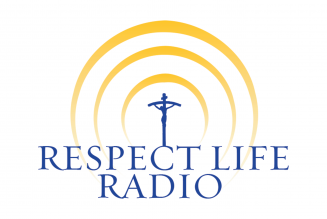Nineteen percent of adults changed religious affiliation between March 2020 and March 2022, 6% were unaffiliated before the pandemic but are now affiliated, and 5% had a religious affiliation but now are not. Twice as many adults decreased religious attendance than increased attendance.
The observed changes could mean that religious affiliation tells us less about Americans and their religious beliefs and theological commitments, the AEI report said. The changes could mean more polarization between regular attendees of religious worship and their self-identified co-religionists.
“Past research has shown that Americans who regularly attend services are more likely to embrace the formal tenets of their faith and share a similar cultural worldview as their coreligionists,” the report said.
The AEI report appears to set the end of the COVID-19 pandemic in spring 2022. However, the Centers for Disease Control and Prevention has not declared an end to the pandemic, and some localities are reimplementing some public health measures in response to trends.
As of Jan. 6, 1,091,184 people have died of the virus in the U.S. More than 10,000 people have died in the last four weeks, and over 41,400 are currently hospitalized, according to the CDC website. Hospitalization numbers have been rising since November.
Older people, pregnant women, or people with weakened immune systems face a higher risk from infection.
The arrival of the pandemic resulted in many bans on public gatherings and other changes. Some churches fully shut down in compliance with public authorities, while others sought to adapt through outdoor services or internet outreach. Some congregations fully rebelled against legal regulations.
After the first waves of the pandemic, legal challenges to restrictions on public worship tended to prevail in court, especially when religious gatherings were treated more strictly than similar gatherings.









